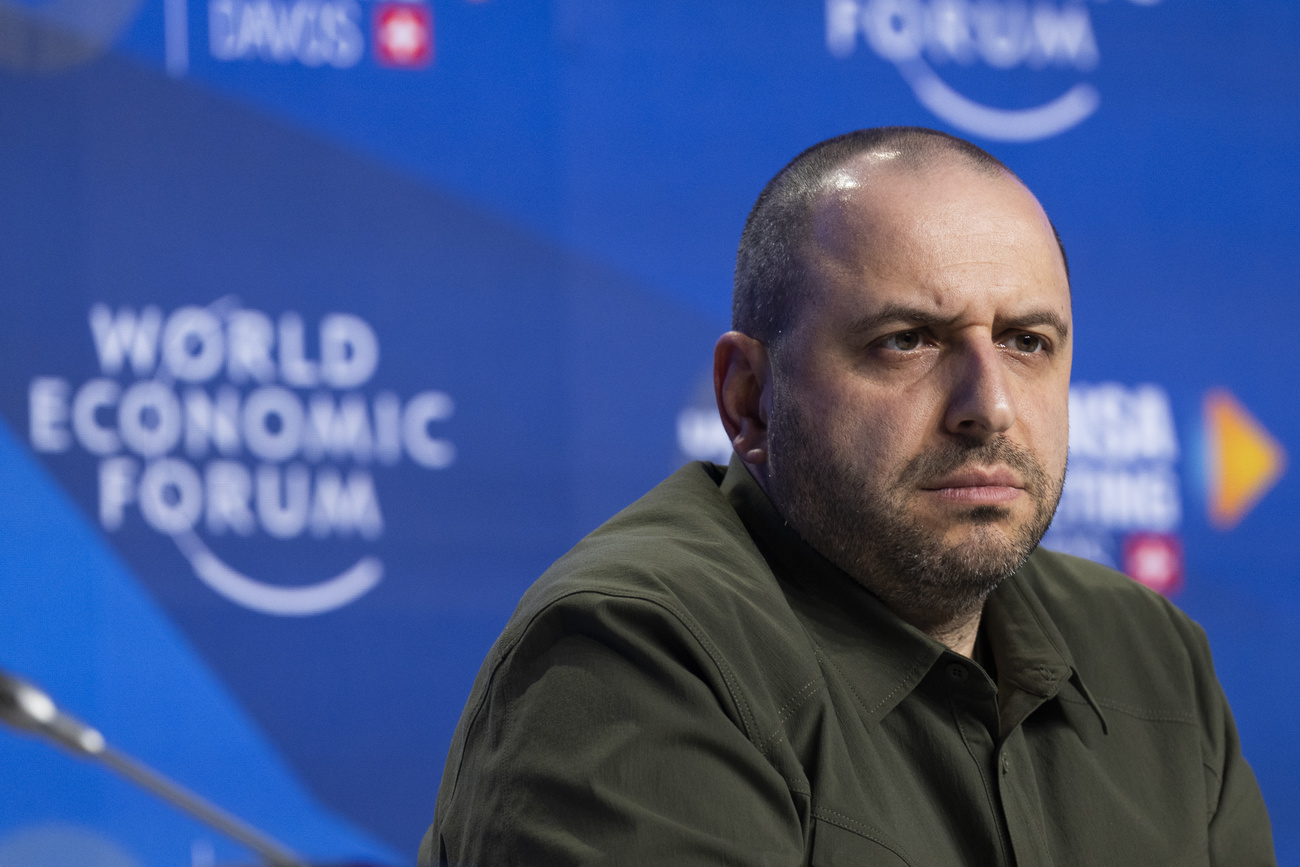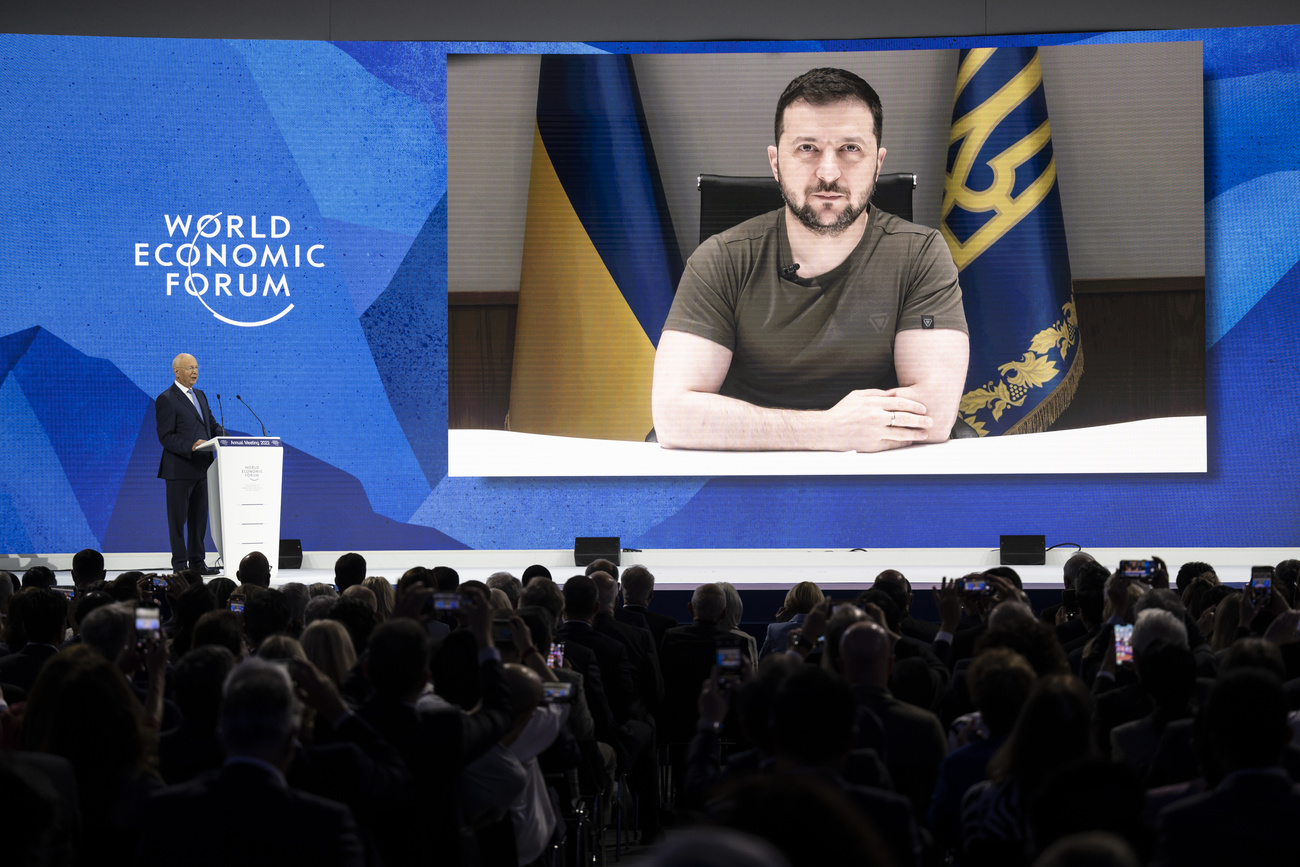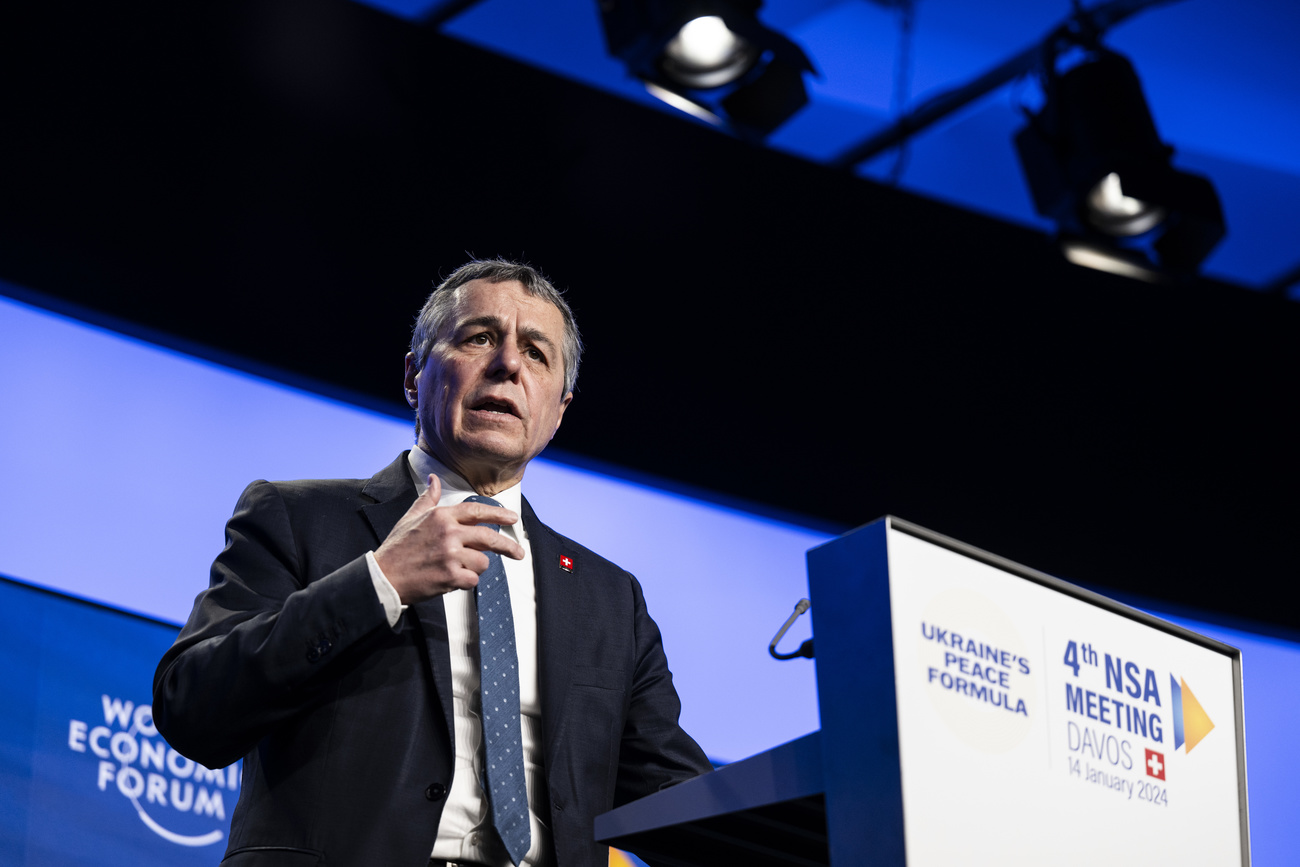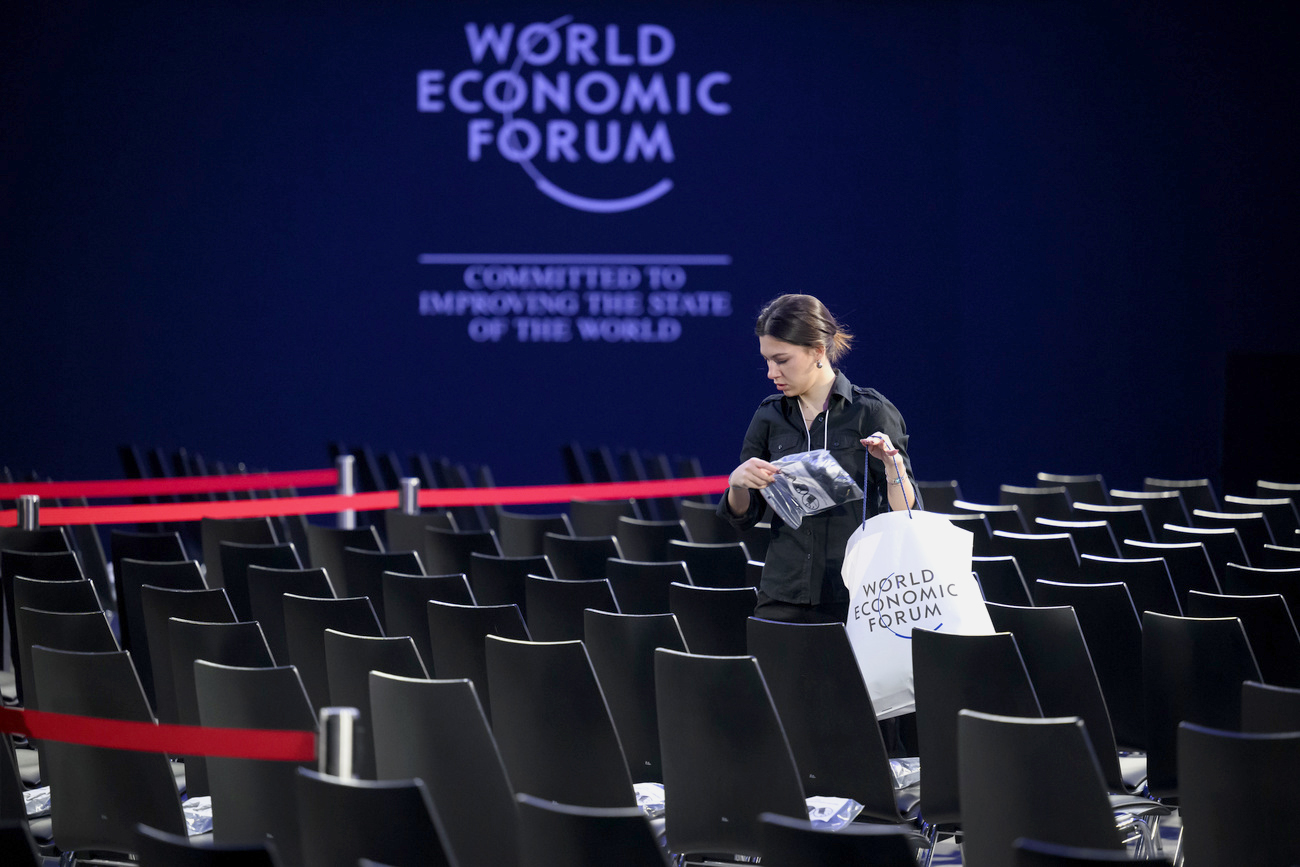
Ukraine and Switzerland urge countries to support peace plan in Davos

Ukraine and Switzerland galvanised support for a peace plan in talks ahead of the World Economic Forum (WEF) annual meeting. However, no concrete steps forward were agreed. Russia and China weren’t at the table.
Top level representatives from the Ukraine government said that talks on a peace plan were “open and constructive” and that countries are on the same page on the key principles to reach a “comprehensive, just and lasting peace”.
During the talks on January 14, Ukraine presented its ten-point peace plan. Andriy Yermak, head of the presidential administration of Ukraine, told the media in a press conference following the day-long talks that the hope is that the peace plan becomes a “common plan” backed by many countries.
The national security advisor meeting in Davos built on three previous talks held in Copenhagen, Jeddah, and Malta on a peace formula presented by Ukrainian president Volodymyr Zelensky in late 2022.
Earlier in the day, Swiss Foreign Minister Ignazio Cassis, who chaired the meeting of national security advisors from over 80 countries and international organisations, said that there was no alternative to talks to “influence the fate of the planet”.
“The Ukrainian people urgently need peace after nearly two years of war,” said Cassis. “We have to do everything we can to help Ukraine end this war.”

More
Who’s who at WEF and what it tells us about the world
More than fifty journalists were kept in suspense about the location of the press conferences until the last minute, due to the tight security surrounding the peace talks. The high security level could also be felt on the streets with the strong police and army presence. The air space above Davos has been closed since January 12.
Ukraine had asked Switzerland to co-host the peace talks to coincide with the WEF annual meeting, which officially starts on January 15. WEF founder Klaus Schwab and his wife, Hilda, sat in the front row of the press conference with Foreign Minister Cassis, a sign of WEF’s weight as a convener of major diplomatic players.
International pressure for a peace plan
The focus of the talks was on six through ten of the 10-point peace plan, specifically ending hostilities and withdrawal of Russian troops, justice for crimes committed, protection of the environment, prevention of further escalation and confirming the end of the war.
The participants also discussed food security and humanitarian issues as “Russia targeted not only Ukrainians but people globally”, said Julija Svyrydenko, first deputy prime minister of Ukraine. More than 300 million people are suffering now of food insecurity because of “Russia mining lands, destroying storage and blocking navigation,” Svyrydenko said. This has caused the price of wheat to skyrocket.
Yermak and Cassis both stressed that a sign of success for the talks was the growing number of countries involved. In addition to national security advisors from the US and many European countries, representatives from Brazil, India, Saudi Arabia, Argentina and South Africa among others were present.
According to Cassis, having these countries on board is very important to help facilitate contacts with Russia and find “creative ways to get out of this war”. Ukraine is now making plans to hold bilateral conferences in Latin America and Africa.
A key player missing from the talks was China, which has shown support for Russia. Yermak indicated that China has participated in meetings of ambassadors in Kyiv and was present in a previous talk in Jeddah.
“China is an important and influential country,” said Yermak. “We will look for ways to get China involved.” There was no confirmation whether President Zelenksy and Chinese Premier Li Qiang, will meet during the WEF annual meeting in Davos this week.
No peace without Russia
Cassis admitted that the negotiations are far from putting an end to the war. He recognised that there can’t be peace without Russia at the table.
“One way or another, Russia will have to be included,” said Cassis in Davos on Sunday. “There will be no peace without Russia’s word.”

More
No peace without Russia’s word, says Swiss foreign minister at Davos
Russia has rejected the peace “formula” as absurd as it doesn’t include Russia’s participation according to a Reuters reportExternal link. However, the Swiss foreign minister made clear that the objectives of the talks were not to please Russia but to a create common understanding among nations on the 10-points peace plan and see “when and how we can get Russia on board.”
No time to waste
While fierce fighting continues in parts of Ukraine, Cassis said that it was still important to make preparations for peace now.
“Every day that we wait, dozens of civilians in Ukraine die. We don’t have the right to wait,” said Cassis. “We must be ready” when conditions allow, he insisted. The purpose of the talks, he said, is that we are ready and ripe to launch a process with Russia when the time comes.
Following the national security talks, Yermak said that preparations could now take place for an inaugural peace summit at a leadership level but didn’t specify when such a summit could happen.
The peace talks take place as the US and the European Union struggle to release large amounts of aid, raising questions about Ukraine’s ability to defend against further Russian attacks without a further influx of funds and weapons.
Switzerland’s role
The meeting in Davos was the second international conference on Ukraine hosted by Switzerland since the outbreak of war in February 2022. In July 2022, Switzerland convened numerous partners in the southern town of Lugano to draw up a framework for the political process of Ukraine’s reconstruction.
Cassis highlighted Switzerland’s “long tradition of peace promotion” as an important factor in co-hosting the talks in Davos.
Switzerland is also involved in three working groups connected to the so-called peace formula including nuclear safety, food security, and concluding the war.
In addition to the country’s involvement in the peace talks, Switzerland has contributed around CHF400 million ($470 million) in humanitarian aid to Ukraine. Of this some CHF100 million is dedicated to demining activities. By 2026, the country has committed to provide at least CHF1.5 billion to Ukraine. Switzerland’s stance on neutrality prevents it from sending weapons to Ukraine.
In December, the Swiss government said that it has frozen an estimated CHF7.7 billion ($8.81 billion) in financial assets belonging to Russians, under sanctions designed to punish Moscow for its invasion of Ukraine.

More
Can WEF break the impasse on global governance of AI?

In compliance with the JTI standards
More: SWI swissinfo.ch certified by the Journalism Trust Initiative



























You can find an overview of ongoing debates with our journalists here . Please join us!
If you want to start a conversation about a topic raised in this article or want to report factual errors, email us at english@swissinfo.ch.